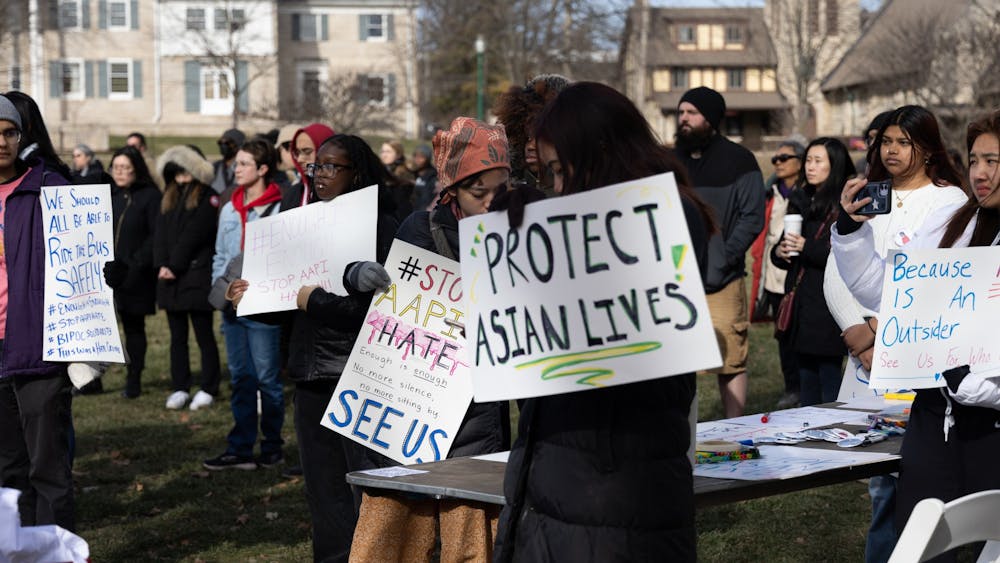James Green, a history and Brazilian studies professor at Brown University, gave a talk Monday about the history of Brazil, its dictators, its activists and preservation of documents during its military government era.
This lecture was part of a two day symposium, “Human Rights, the Right to Memory, and the Truth Commission in Brazil,” organized by Luis Gonzalez, the librarian for Latin American, Iberian, Latino, and Chicano-Riqueño studies.
Green said Brazil is becoming a rising power in the world despite its complexity.
“One of the ways how to understand this complex country is to understand this recent past,” Green said. “That recent past is complex because the president is a former guerilla fighter and the country is going through a debate now about human rights.”
Gonzalez said he invited Green to talk because of his knowledge and research of the authoritarian Brazilian military government that ruled the country between 1964-1988.
Gonzalez also wanted to discuss the newly formed National Truth Commission, a national organization dedicated to investigating records of the military’s criminal actions against political and social activists.
“The IU Libraries, in collaboration with the Center of Research Libraries, is supporting a digitization project of records of military treatment of this period,” Gonzalez said. “So in the light of the Truth Commission and the opening of these records, I think it gains more importance and it shows how libraries provide support to projects that help disseminate information to society by making records during the military era widely available.”
Green said his goal was to make people at IU more aware about a project that will share this formerly confidential information.
“IU has been supportive of a project that is a part of making available documents that were secretly copied during the dictatorship and then stored in the United States and then digitalized and made available to the public as a whole,” Green said.
The project is connected to the book, “Brazil Nunca Mais,” or “Brazil Never Again” and describes the torture activists faced with the Brazilian military government forces.
“The material and the information in these documentations is very valuable for those people who were working with Truth Commission to find out document reveal what happened,” Green said.
Matthew Lebrato, an anthropology Ph.D student, said he attended the talk not only because he is in Center for Latin American and Carribean Studies but also because of his interest in human rights.
Lebrato said he learned detailed information about Brazil that he didn’t know before, like Green’s discussion about the relationship between the impunity of crimes during the military dictatorship and crimes against the urban poor that’s going on now.
“That was kind of the most important thing that I think that I will take away from it and continue thinking about aside from the historical facts,” Lebrato said. “That point is really important to keep in mind.”
Professor discusses Brazilian Truth Commission
Get stories like this in your inbox
Subscribe





